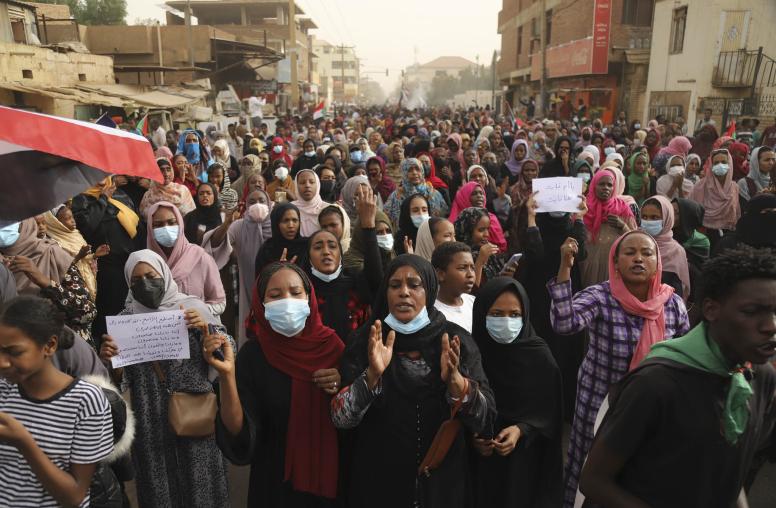A Holistic Approach to Preventing Violent Extremism
Addressing Both the Individual and Societal Drivers of Violent Extremist Behavior
Violent extremism can reflect any number of fragile state-society relationships, from perceptions of social exclusion and marginalization to political grievances, polarization and a lack of political accountability and social trust. But engaging in violent extremism is still an individual choice. And while there is no psychological pathology associated with violent extremists, behavioral challenges such as trauma often play a role in why individuals choose violence — as does the influence of those closest to them. Preventing and countering violent extremism (P/CVE) therefore requires a multidisciplinary strategy that addresses of the dynamics that contribute to it within individuals, communities and political and economic structures.
Please note that this event requires registration no later than 12:00pm EDT on Tuesday, June 28. Registered attendees will receive an email on Tuesday at 3:00pm EDT with instructions to access the livestream. The event will not be streamed on this page.

Mercy Corps’ Collective Resilience Against Extremism (CREATE) program — operating in Kenya, Tanzania and Uganda — seeks to prevent violent extremism through piloting innovative approaches for building resilience among high-risk individuals while facilitating effective prevention approaches among civil society and government actors. An evaluation of its first cohort of participants in Kenya reveals promising results, including a 22 percent reduction in support for violence. These individual-oriented activities sit within a broader program strategy of influencing national and local policy and tackling the systemic drivers of violent extremism in the region.
Continue the conversation on Twitter using #PreventExtremism.
Speakers
Megan Corrado
Director of Policy and Advocacy, Alliance for Peacebuilding
Sarah Gibbons
Team Lead, CREATE Program, Mercy Corps
Ubah Hassan Abdi
Deputy Team Lead, CREATE Program, Mercy Corps
Lisa Inks
Senior Specialist for Peace and Governance, Mercy Corps
Chris Bosley, moderator
Interim Director, Program on Violent Extremism, U.S. Institute of Peace


